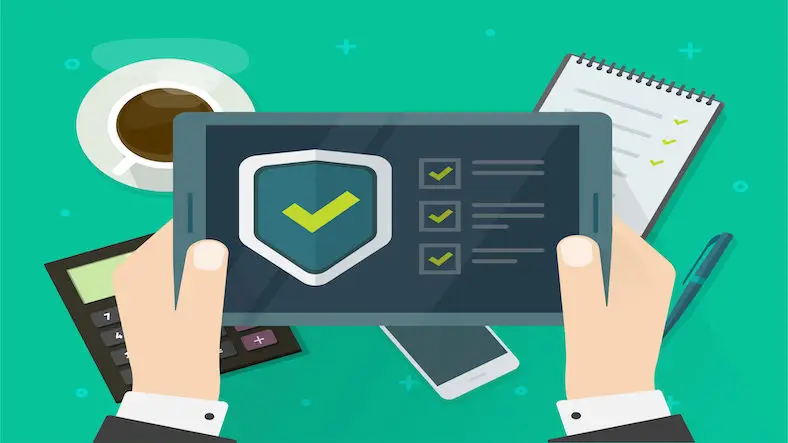Securing your Drupal website is crucial to protect your data, users and overall website integrity. Here's a security checklist for a Drupal website:
- Keep Drupal Core and Modules Up to Date: Regularly update Drupal core and contributed modules to ensure you have the latest security patches. Enable update notifications to stay informed about available updates.
- Use Strong and Unique Passwords: Ensure that all user accounts, including the administrator account, have strong, unique passwords. Encourage users to follow best practices for password security.
- Limit User Permissions: Grant user permissions on a need-to-know basis. Avoid assigning unnecessary administrative privileges to reduce the potential impact of a compromised account.
- Secure File and Directory Permissions: Set appropriate file and directory permissions to prevent unauthorized access. Restrict write access to critical files and directories that should not be modified by the web server.
- Implement HTTPS: Encrypt data transmitted between your website and users by enabling HTTPS using an SSL certificate. This protects sensitive information, such as login credentials and user data.
- Implement Two-Factor Authentication (2FA): Add an extra layer of security by enabling 2FA for user accounts, especially for privileged roles. This helps prevent unauthorized access, even if passwords are compromised.
- Use Secure Host and Server Configuration: Ensure that your hosting environment and server configuration follow security best practices. Stay updated with security advisories related to your server software and address any vulnerabilities promptly.
- Regularly Backup Your Website: Create regular backups of your Drupal website and database. Store backups in a secure location to ensure that you can recover your website in case of a security incident.
- Enable Security Modules: Utilize Drupal security modules to enhance your website's protection. Modules such as Security Kit, Password Policy and Automated Logout can strengthen your website's security posture.
- Configure Drupal Security Settings: Review and configure Drupal's security-related settings, including account policies, login attempt limits and session management, to align with your security requirements.
- Monitor and Review Logs: Enable logging and review logs regularly to identify any suspicious activity or potential security issues. Implement a monitoring system to alert you of unusual behavior.
- Use Secure Hosting: Choose a reputable hosting provider with a focus on security. Look for features such as firewalls, intrusion detection systems, regular security updates and backups.
- Employ a Web Application Firewall (WAF): Consider implementing a WAF to protect your website from common web application attacks, such as SQL injection and cross-site scripting (XSS).
- Perform Regular Security Audits: Conduct periodic security audits to identify vulnerabilities and ensure your website is protected against emerging threats. Consider engaging security professionals or using automated security scanning tools.
- Educate Users and Administrators: Train website users and administrators about security best practices, such as avoiding suspicious links, using strong passwords and being cautious with file uploads.
By following these security practices, you can strengthen the security posture of your Drupal website and minimize the risk of security breaches and data compromises. Remember that security is an ongoing effort and it's important to stay updated with the latest security trends and vulnerabilities in order to adapt your security measures accordingly.
Thanks for reading the article, for more drupal related articles read and subscribe to peoples blog articles.















